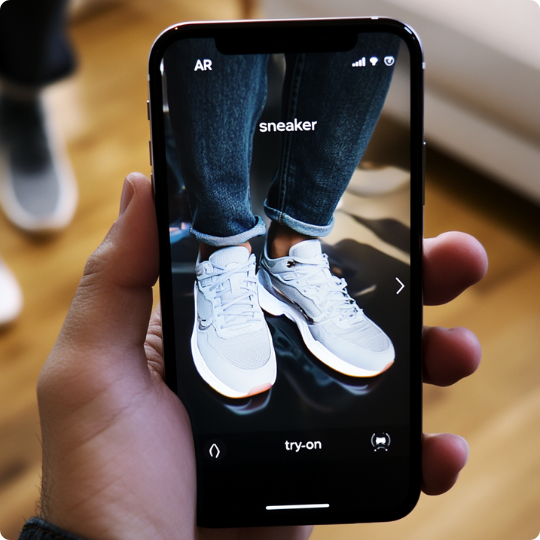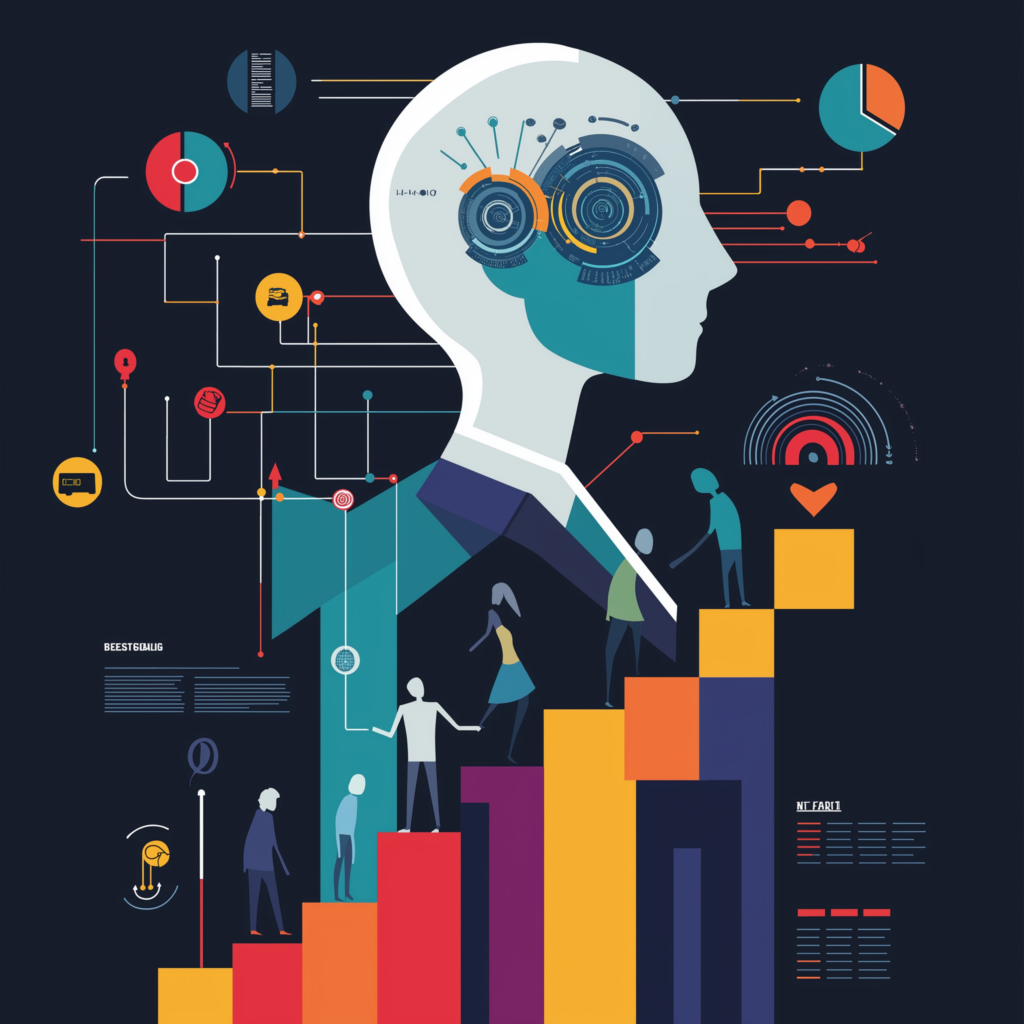 In 2025, the marketing landscape has evolved dramatically, with customers expecting brands to deliver highly personalized experiences.
In 2025, the marketing landscape has evolved dramatically, with customers expecting brands to deliver highly personalized experiences.
Generic campaigns are no longer effective; instead, businesses must leverage hyper-personalization to engage their audiences meaningfully.
Artificial Intelligence (AI) stands at the forefront of this transformation, enabling marketers to tailor content and interactions at an unprecedented scale.
Understanding Hyper-Personalization
 Hyper-personalization transcends traditional segmentation by utilizing real-time data and AI to deliver content uniquely tailored to each individual.
Hyper-personalization transcends traditional segmentation by utilizing real-time data and AI to deliver content uniquely tailored to each individual.
This approach considers browsing behavior, purchase history, and predictive analytics to anticipate customer needs and preferences.
For instance, instead of sending uniform emails to all subscribers, hyper-personalization allows for dynamic content that resonates with each recipient’s current interests and behaviors.
The Role of AI in Hyper-Personalization
 AI is the driving force behind effective hyper-personalization, offering capabilities that include:
AI is the driving force behind effective hyper-personalization, offering capabilities that include:
– Content Generation: AI-powered tools can create personalized email copy, product recommendations, and social media content tailored to individual preferences.
– Predictive Analytics: Machine learning algorithms analyze customer data to predict future behaviors, enabling proactive engagement strategies.
– Audience Segmentation: AI identifies nuanced customer segments and lookalike audiences, facilitating more precise targeting.
By integrating AI, marketers can automate complex processes, ensuring that personalized content reaches the right audience at the optimal time.
Implementing AI in Your Marketing Strategy
Businesses of all sizes can harness AI for hyper-personalization through various applications:
 – Email Marketing: Platforms like Klaviyo utilize AI to optimize send times and personalize content, leading to significant improvements in engagement. For example, Jenni Kayne reduced email volume by 43.8% while increasing total email revenue by 14.5% through targeted, personalized campaigns.
– Email Marketing: Platforms like Klaviyo utilize AI to optimize send times and personalize content, leading to significant improvements in engagement. For example, Jenni Kayne reduced email volume by 43.8% while increasing total email revenue by 14.5% through targeted, personalized campaigns.
– Paid Advertising: AI enhances ad targeting on platforms such as Facebook, where businesses have experienced their highest ROI. Specifically, 70% of companies reported that Facebook ads provided the best return on investment, outperforming other channels.
– Conversational Marketing: AI-driven chatbots like Drift engage website visitors in real-time, offering personalized assistance and improving customer experience. Drift’s AI chatbots have achieved 40% more customer engagement compared to traditional button-based chat interfaces.
Identifying Genuine AI Tools
![]() With the proliferation of AI marketing tools, it’s crucial to discern authentic solutions from those making unfounded claims:
With the proliferation of AI marketing tools, it’s crucial to discern authentic solutions from those making unfounded claims:
– Evaluate Case Studies: Legitimate AI tools should provide detailed case studies demonstrating tangible results.
– Inquire About Technology: Ask vendors to explain the underlying algorithms and data models their AI employs.
– Trial Periods: Utilize free trials to assess the tool’s effectiveness within your specific marketing context.
Vigilance in selecting AI tools ensures that your investment translates into measurable marketing success.
Measuring the Impact of AI-Driven Personalization
 To gauge the effectiveness of AI in your marketing efforts, monitor key performance indicators such as:
To gauge the effectiveness of AI in your marketing efforts, monitor key performance indicators such as:
– Engagement Rates: Look for increases in open and click-through rates. Personalized email campaigns have been shown to boost open rates by up to 41% in certain industries.
– Conversion Rates: Assess improvements in the percentage of visitors who take desired actions. Facebook ads, for instance, have an average conversion rate of 8.78% across industries.
– Customer Lifetime Value (CLV): Track changes in the total revenue expected from a customer over their entire relationship with your brand.
– Churn Rates: Monitor reductions in the number of customers ceasing their relationship with your company.
Regular analysis of these metrics will inform the ongoing optimization of your AI-driven personalization strategies.
Embracing Responsible AI Use
 While AI offers powerful capabilities, ethical considerations must guide its application:
While AI offers powerful capabilities, ethical considerations must guide its application:
– Data Privacy: Ensure compliance with regulations and transparently communicate data usage policies to customers.
– Bias Mitigation: Regularly audit AI systems to identify and correct biases that could lead to unfair treatment of individuals or groups.
– Human Oversight: Maintain human involvement in decision-making processes to uphold ethical standards and contextual understanding.
By prioritizing responsible AI practices, businesses can build trust and foster long-term customer relationships.
Conclusion
As we navigate the marketing landscape of 2025, AI-driven hyper-personalization has become a critical component of successful strategies. By effectively implementing AI, businesses can deliver tailored experiences that resonate with customers, leading to enhanced engagement and increased revenue.
Embracing this technology thoughtfully and ethically will position brands to meet and exceed evolving consumer expectations. Want to see how AI can work for your business – contact our team and we can show you what’s possible!